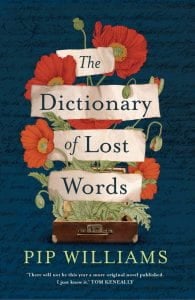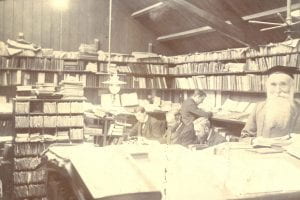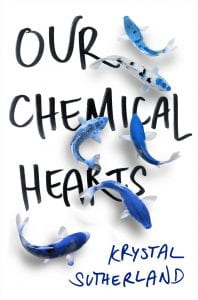 It’s a mystery – Laney is missing and Stacey doesn’t believe the story told by Laney’s boyfriend, Troy.
It’s a mystery – Laney is missing and Stacey doesn’t believe the story told by Laney’s boyfriend, Troy.
The police don’t seem to be doing much about looking for her, though her family mob are searching where they can. The divide between black and white in the outback community is pretty clear:
“Everyone knows that some parts of the town are ‘white’ territory and others are ‘black’. Even the pub has a whitefulla and a blackfulla side.”
As Laney’s twin, Stacey feels it is up to her to follow her own instincts to find her, despite repeated commands from her mother to stay put. Her nightmares continue and though respectful of her family, she must do something – including speaking with Mad May Miller.
There are many tensions within the community – between black and white, poor and wealthy, current and past landowners. Thus, Lisa Fuller brings together elements of racism, family loyalty, past conflicts and tradition into this intriguing debut novel.
While covering only a week in a divided community, there are many questions to be answered along the way:
- What really happened to Laney? Can she be found alive?
- What was/is it like to live in a divided community?
- Should Stacey follow her instincts?
- When is it time to get over old grievances?
- Can the solution come from the past?
The characters of Stacey and her cousin Rhi are real and relatable, as are her family members and Mad May Miller. This would be a great class novel, but read it before it becomes one to enjoy the language and situations it introduces. A worthy nomination for this year’s CBCA shortlist!
# In this interview, Lisa Fuller responds to the comment: ‘One of the loveliest aspects of Ghost Bird is the infusion of your culture with a strong emphasis on family.’ and more.
EDIT: Ghost Bird is an Honour Book in this year’s CBCA Awards. Congrats!

 Strong, harsh and confronting. Tells it like it is. Written from an #ownvoice perspective in 2017.
Strong, harsh and confronting. Tells it like it is. Written from an #ownvoice perspective in 2017. Who decides if a word is important? What should be recorded across time? Sometimes, Esme witnesses a word discarded, sees a word float below the table where the men worked as if it were unimportant – so she begins collecting neglected slips.
Who decides if a word is important? What should be recorded across time? Sometimes, Esme witnesses a word discarded, sees a word float below the table where the men worked as if it were unimportant – so she begins collecting neglected slips.
 After reading Favel Parrett’s
After reading Favel Parrett’s  Five children left at the Little Tulip Orphanage, Amsterdam – all in strange circumstances. Fast forward 12 years and the same five children are still there – seemingly unadoptable. That is, until a strange and sinister man comes to visit; to take them away.
Five children left at the Little Tulip Orphanage, Amsterdam – all in strange circumstances. Fast forward 12 years and the same five children are still there – seemingly unadoptable. That is, until a strange and sinister man comes to visit; to take them away. Henry – at 17 has never had a real girlfriend. Lola – had a fling with Henry, but then moved on to a relationship with Georgie. Murray – comical crazy over-the-top Aussie friend is thrown into the mix. (Maybe he’s a good drawcard for Australian YA readers?)
Henry – at 17 has never had a real girlfriend. Lola – had a fling with Henry, but then moved on to a relationship with Georgie. Murray – comical crazy over-the-top Aussie friend is thrown into the mix. (Maybe he’s a good drawcard for Australian YA readers?) Rey (Raze to his friends) has a few other instincts which he can’t really explain – although he thinks it may have something to do with his family heritage as the son of mafia boss. He has something to tell his father when he next visits him in prison – but what is it?
Rey (Raze to his friends) has a few other instincts which he can’t really explain – although he thinks it may have something to do with his family heritage as the son of mafia boss. He has something to tell his father when he next visits him in prison – but what is it? This story oozes feelings and emotions; even in the little things. As you read, you can taste the meals Lucek has with his grandmother. They are deliciously described, even though they may be simple fare. You can also sense the atmosphere of their humble accommodation – a small apartment in Prague.
This story oozes feelings and emotions; even in the little things. As you read, you can taste the meals Lucek has with his grandmother. They are deliciously described, even though they may be simple fare. You can also sense the atmosphere of their humble accommodation – a small apartment in Prague. Some stories touch your heart – is that why you like them?
Some stories touch your heart – is that why you like them?